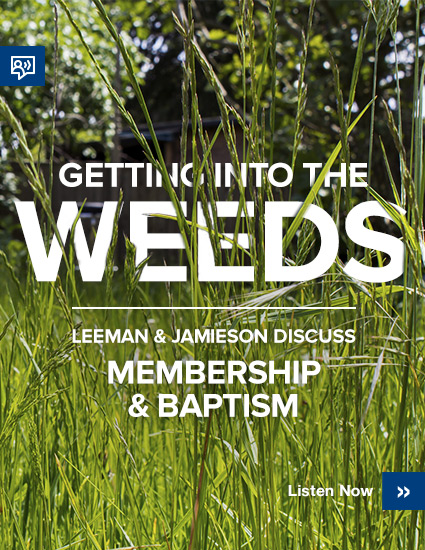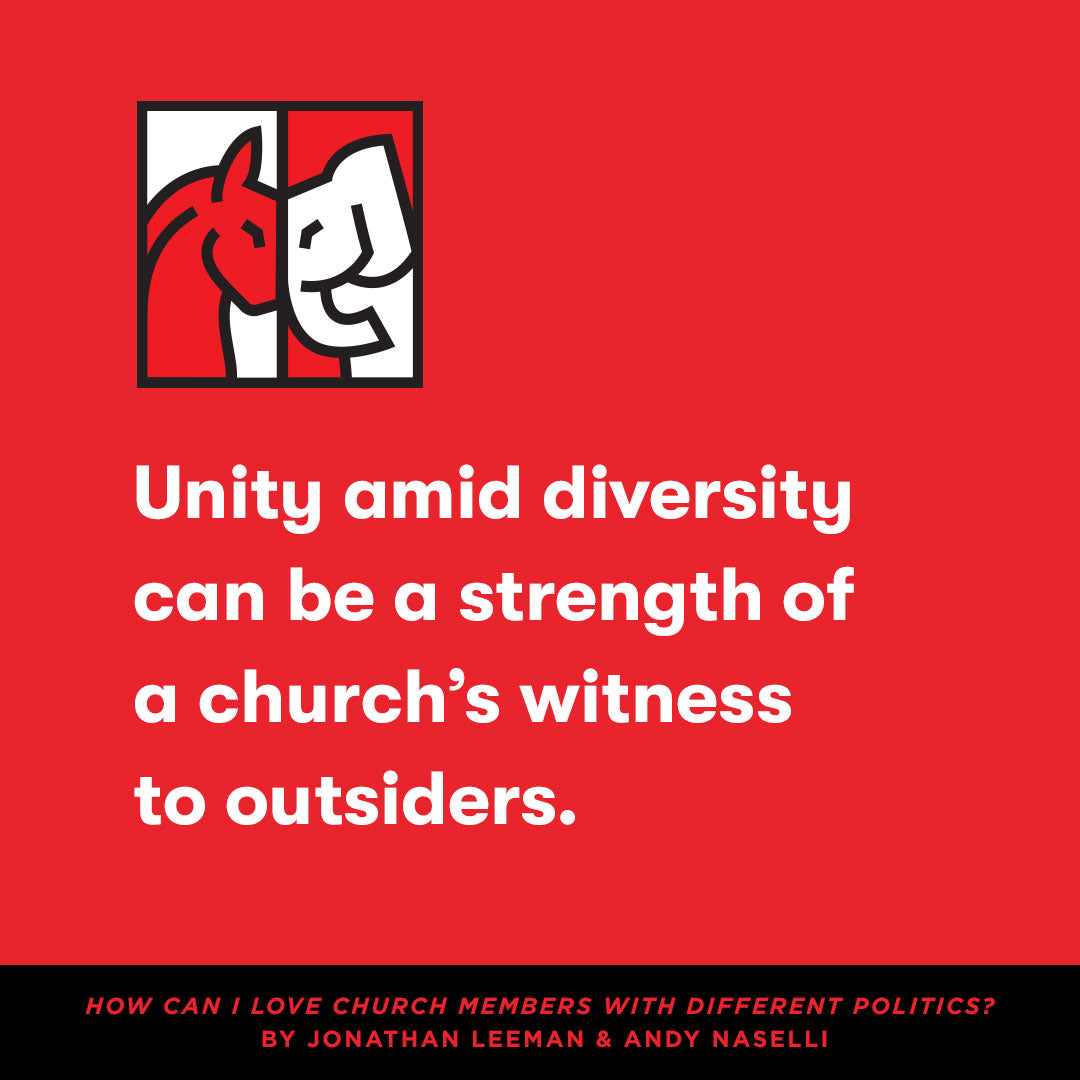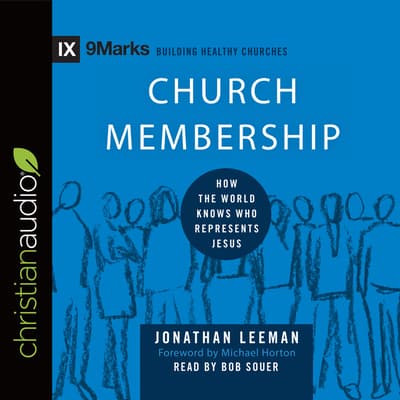

In today’s episode, Richard Lucas and Brent Parker lead us through a survey of the various view points that exist.


This episode serves as the first installment of a larger conversation on covenantal and dispensational theologies and their divergent ways of putting the Bible together. Vanhoozer, promotes evangelical contributions to systematic theology, seeking fresh understanding of Christian doctrine through creatively faithful engagement with Scripture in dialogue with church.How should we interpret the promises made to the people of Israel in the OT - are they being fulfilled in the church? Does God have a distinct plan for the nation of Israel separate from the church? How do Christians relate to the Mosaic Law? What does infant baptism have to do with our understanding of the Biblical Covenants? In short, these are all questions asking, How should we put our Bible’s together - and questions that both covenantal and dispensational theologies answer differently, with wide-ranging implications for how we read our Bibles, how we define the church, what we expect of the future, and how we live our Christian lives. Studies in Christian Doctrine and Scripture, edited by Daniel J.

Political Church heralds a new era in political theology. Drawing on covenant theology and the "new institutionalism" in political science, Leeman critiques political liberalism and explores how the biblical canon informs an account of the local church as an embassy of Christ's kingdom. What do we mean by politics and the political? What are the limits of the church's political reach? What is the nature of the church as an institution? How do we establish these claims theologically? Jonathan Leeman sets out to address these questions in this Studies in Christian Doctrine and Scripture volume. Liberationists, Anabaptists, Augustinians, neo-Calvinists, Radical Orthodox, and others continue to discuss the matter. Theologians have been debating this claim for years.


 0 kommentar(er)
0 kommentar(er)
